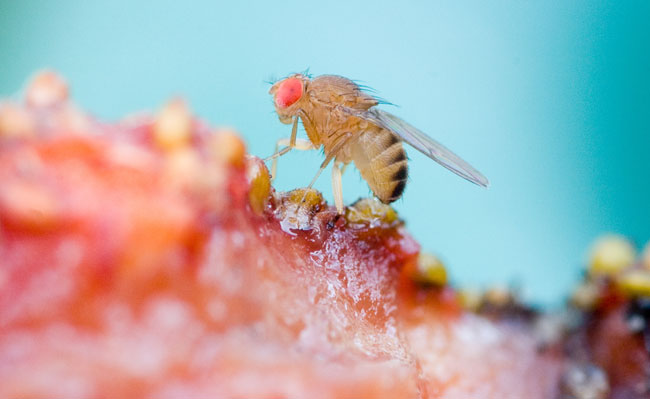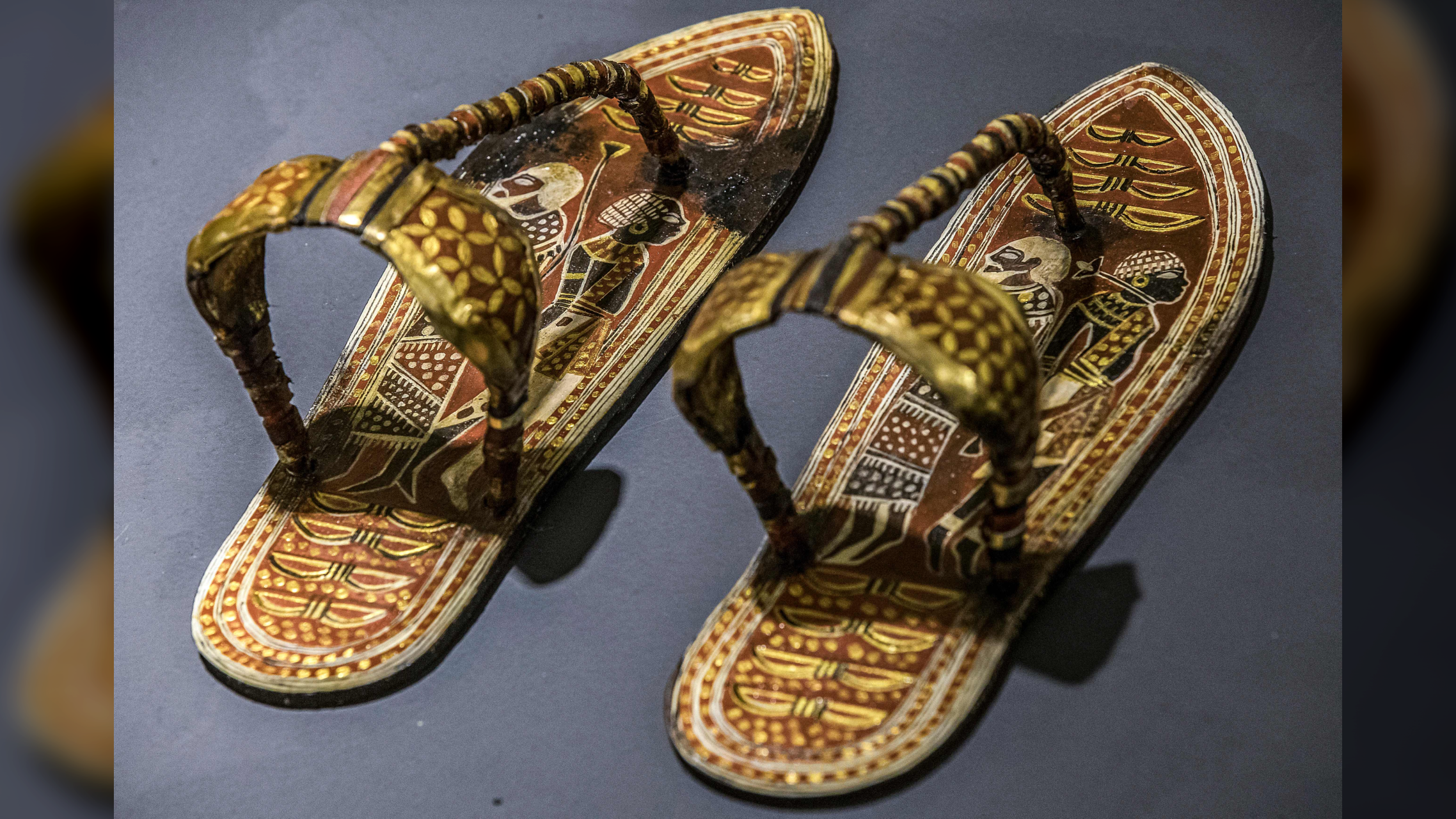Parasites Evolve from Bad to Good

Get the world’s most fascinating discoveries delivered straight to your inbox.
You are now subscribed
Your newsletter sign-up was successful
Want to add more newsletters?

Delivered Daily
Daily Newsletter
Sign up for the latest discoveries, groundbreaking research and fascinating breakthroughs that impact you and the wider world direct to your inbox.

Once a week
Life's Little Mysteries
Feed your curiosity with an exclusive mystery every week, solved with science and delivered direct to your inbox before it's seen anywhere else.

Once a week
How It Works
Sign up to our free science & technology newsletter for your weekly fix of fascinating articles, quick quizzes, amazing images, and more

Delivered daily
Space.com Newsletter
Breaking space news, the latest updates on rocket launches, skywatching events and more!

Once a month
Watch This Space
Sign up to our monthly entertainment newsletter to keep up with all our coverage of the latest sci-fi and space movies, tv shows, games and books.

Once a week
Night Sky This Week
Discover this week's must-see night sky events, moon phases, and stunning astrophotos. Sign up for our skywatching newsletter and explore the universe with us!
Join the club
Get full access to premium articles, exclusive features and a growing list of member rewards.
Parasites are by definition bad for you. Some, such as malaria, can kill. Others, like microbes known as Wolbachia that are found in more than one-fifth of all insects, often make female hosts less fertile.
Now scientists discover parasites can evolve surprisingly rapidly to become helpful instead of harmful.
The typically nasty Wolbachia can make females more fertile instead of less, a study reveals. They're not doing it out of the goodness of their non-existent hearts—they boost host fertility to better spread themselves in nature.
I'll scratch your back
These findings could shed light on how symbiotic or mutually beneficial partnerships develop in nature, such as the pivotal relationship widely believed to have led mitochondria to dwell in cells and help them breathe oxygen.
"Mitochondria are thought to have evolved from a symbiotic relationship. It may be that the Wolbachia in this case is well on the way to having a similar relationship that will eventually develop into a dependency by the host on the Wolbachia for survival," said evolutionary biologist Andrew Weeks at the University of Melbourne in Australia.
For instance, Wolbachia parasitizes a worm that in turn parasitizes humans, and this worm already depends on Wolbachia in order to produce young. In another instance, certain wasps need Wolbachia in order to generate eggs.
Get the world’s most fascinating discoveries delivered straight to your inbox.
The new research from Weeks and his colleagues "is probably documenting a case that is headed in that direction, where Wolbachia is needed for host survival," he said.
Host of bad things
Wolbachia are bacteria that insects get only from their mothers. They can display a bewildering diversity of additional effects, such as turning males to females, causing infected females to reproduce without males and triggering vicious cycles of increasing female promiscuity and male sexual exhaustion. The presence of these parasites also often carries a toll on their victims—for instance, cutting down the number of eggs that females produce.
Still, intuition suggests that in order to prosper, these microbes should try and evolve ways to crank up the number of offspring that their hosts birth in order to infect more victims.
"We had a very thorough theoretical analysis which suggested that this could and should evolve, but we had no idea of the timeframe that this might take," Weeks said.
Weeks and his colleagues focused on populations of the fruit fly Drosophila simulans living in California. Scientists first detected Wolbachia infesting these flies some two decades ago, and have tracked the infection ever since as it spread more than 400 miles from south to north.
Quick change
Originally the parasite diminished the fertility of infected females by 15 to 20 percent under laboratory conditions. After exhausting research that involved counting more than 200,000 fruit fly eggs by eye under a microscope, Weeks and his colleagues have now found that in just 20 years, the parasite now causes infected females to display an average 10 percent boost in fertility in the lab, findings detailed online April 20 in the journal PLoS Biology.
"We just didn't expect it to happen so quickly," Weeks told LiveScience. It remains uncertain how exactly Wolbachia triggers such fertility, although Weeks speculated the parasites might provide their hosts some kind of nutritional benefit.
Such a dramatic evolutionary change is traditionally thought to take place over thousands to millions of years, and not in just two decades, "although it is becoming clearer that evolution does work on such short time scales," Weeks said.
The explosive speed at which bacteria grow likely helps explain the speed of this evolutionary change. The fact that Wolbachia can alter itself so quickly might also help explain why the germs have such a diversity of effects on their hosts, Weeks added.
- Sneaky Parasite Filmed While Infecting Blood Cells
- Malaria-Resistant Mosquito Developed
- Cat Parasite Affects Human Culture

 Live Science Plus
Live Science Plus










